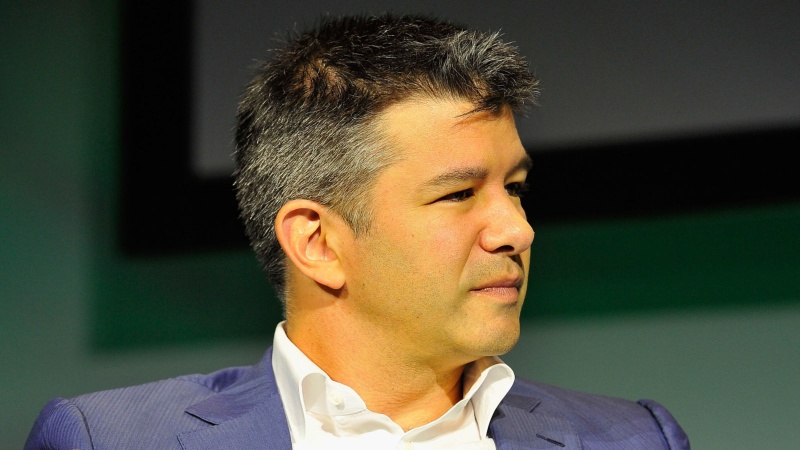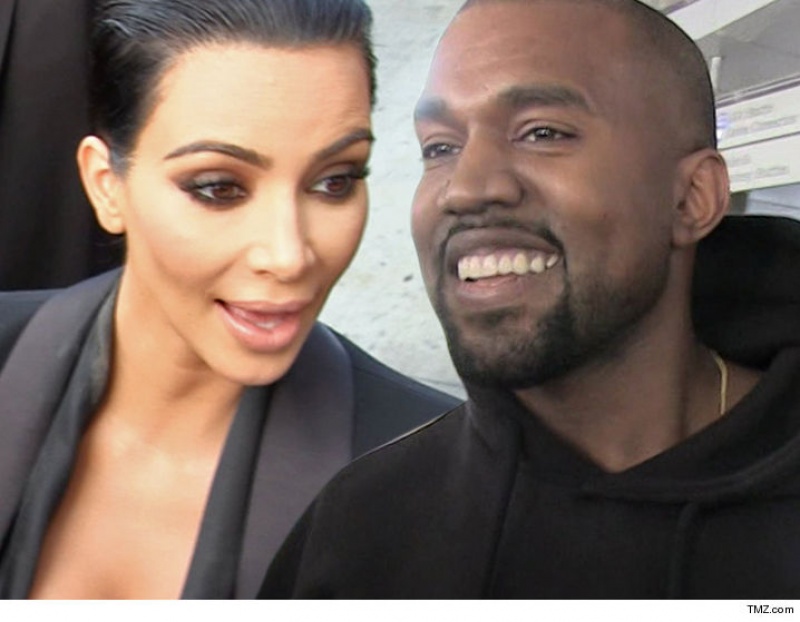
Uber’s troubled chief executive, Travis Kalanick, has quit following a revolt by major shareholders.
He agreed to leave his post at the taxi app firm after receiving a letter demanding his resignation from some of its top investors.
The shareholders joined forces just a week after Mr Kalanick announced he was taking time out to battle personal problems.
He confirmed he had quit in a statement to the New York Times which said Uber’s mission – currently beset by accusations of a toxic culture – must come first.
Mr Kalanick said: “I love Uber more than anything in the world and at this difficult moment in my personal life I have accepted the investors’ request to step aside so that Uber can go back to building rather than be distracted with another fight.”
Mr Kalanick, who recently admitted he needed to “fundamentally change and grow up”, had said when he took indefinite leave a week ago that he wanted to think about “Uber 2.0” and “Travis 2.0”.
His own issues came to a head in March after a video surfaced showing him in an angry pay row with an Uber driver.
He also said he needed time to grieve for his mother, who died in a boating accident last month.
The Uber board told the paper he had “always put Uber first” and that his resignation would give the company “room to fully embrace this new chapter in Uber’s history”.
The company’s problems are not confined to its internal battles over bullying and harassment.
Its charge to become the world’s biggest ride-hailing service has sparked regulatory challenges globally, including in the UK where it has fought drivers claiming an entitlement to minimum pay and a holiday wage.
It is currently fighting allegations it is relying on a key piece of technology stolen from Google spin-off Waymo to build self-driving cars.
But it has already begun efforts to turn its image around.
On Monday, in the wake of Mr Kalanick’s temporary departure, Uber’s board launched a six-month programme of reforms including allowing riders to give drivers tips through the Uber app, something the company had previously resisted.
Source: Sky News


































